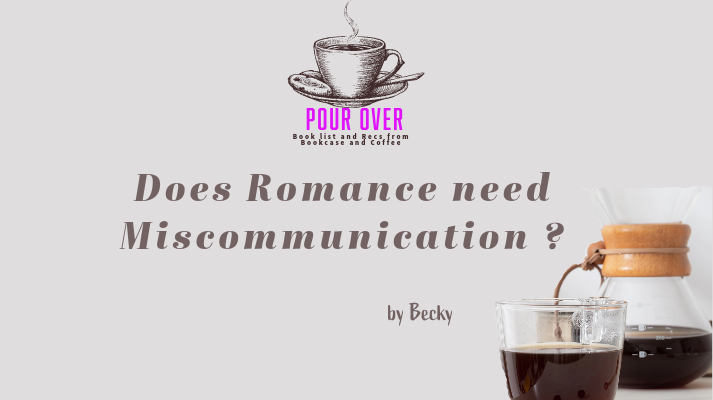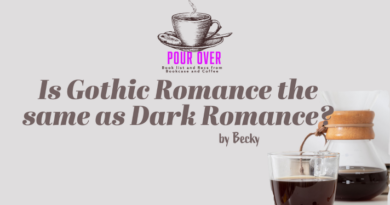Does Romance need Miscommunication ?
I am absolutely in team Miscommunication trope in Romance!
Romance novels have long been cherished for their ability to transport readers into worlds where love conquers all. From the first stolen glances to the final, heartfelt declarations, these novels weave tales of passion, connection, and, sometimes, miscommunication. While some argue that miscommunication is a tired trope, I stand firmly in favor of its role in romance literature.
In this post, we’ll explore why miscommunication is not only necessary but also adds a unique flavor to the love stories we adore.
First- What do we mean by Miscommunication?
Here are a few reasons why miscommunication is often used in romance novels:
Conflict and Tension: Miscommunication can lead to misunderstandings and conflicts between the main characters. The tension created by these conflicts can keep readers engaged and invested in the story.
Obstacles to Overcome: In a romance story, the journey of the characters coming together is a significant part of the narrative. Miscommunication serves as an obstacle that the characters must overcome to achieve their romantic goals. Overcoming these obstacles can make the resolution more satisfying for the readers.
Character Development: How characters handle miscommunication can reveal a lot about their personalities and growth throughout the story. It provides opportunities for character development as they learn to communicate better and understand each other.
Realism: In real-life relationships, miscommunication is a common issue. By including this element in romance novels, authors can make their stories more relatable and authentic, allowing readers to connect with the characters on a deeper level.
Pacing: Miscommunication can be used to control the pacing of the story. Resolving misunderstandings or conflicts takes time, and this can be a way to build anticipation and prolong the romantic tension until the right moment.
Reader Engagement: Readers often enjoy the emotional rollercoaster that comes with miscommunication. It keeps them guessing, wondering how the characters will resolve their issues and come together in the end. This engagement is crucial for the success of any story.
Please note that while miscommunication is a common trope, it’s important for authors to handle it thoughtfully. Overuse or poorly executed miscommunication can frustrate readers and make the story feel contrived.
One of the main reasons miscommunication should be celebrated in romance novels is its reflection of real-life relationships. Let’s face it; communication breakdowns happen in even the most well-established couples. By incorporating miscommunication into romantic plots, authors provide a more authentic portrayal of the challenges couples face, making the characters and their love stories more relatable.
What’s a romance novel without a bit of tension and suspense? Miscommunication serves as a powerful tool for authors to keep readers on the edge of their seats. Will they or won’t they resolve their differences? The uncertainty created by miscommunication adds layers of complexity to the narrative, turning each page into a thrilling adventure that keeps readers eagerly anticipating the next twist.
Miscommunication can be a catalyst for character development. As characters navigate misunderstandings and confront their own shortcomings, they grow and evolve. This not only adds depth to the story but also allows readers to witness the transformative power of love. The journey to overcoming miscommunication can be just as rewarding as the resolution itself, providing a satisfying emotional arc for both the characters and readers.
Miscommunication opens the door to exploring various themes such as trust, forgiveness, and vulnerability. By delving into the consequences of misunderstandings, authors can tackle important aspects of relationships. These themes resonate with readers on a personal level, as they reflect on their own experiences and gain insights into the intricacies of human connection.
In a genre that often follows predictable patterns, miscommunication can be a powerful tool for subverting expectations. By challenging the conventional “happily ever after” trajectory, authors can surprise and captivate readers. This element of unpredictability adds an element of excitement to romance novels, keeping the genre fresh and dynamic.
In the realm of romance literature, miscommunication is not merely a plot device; it’s a vital element that breathes life into the stories we cherish. By embracing miscommunication, authors create narratives that resonate with readers on a deeper level, mirroring the complexities and challenges of real relationships. So, the next time you find yourself frustrated by characters fumbling through misunderstandings, remember that it’s all part of the rich tapestry that makes romance novels so irresistible. Team Miscommunication, unite!



